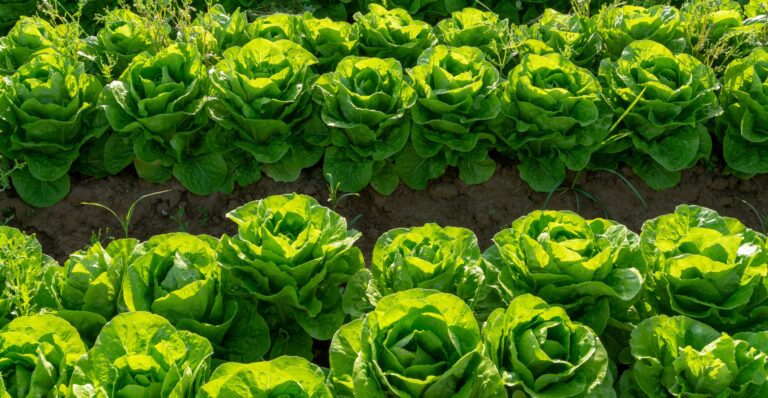Romaine Lettuce Import Restrictions in Effect through Year-End
If you import romaine lettuce from the U.S., your supply chain is likely to be impacted during Q4 2021. In September, CFIA issued new, temporary requirements that apply to all U.S. import shipments of all varieties of mature and baby romaine lettuce and products containing fresh romaine, sold in bags, in bulk, or combined with other food items.
Effective September 30-December 31, 2021, importers of romaine lettuce and products containing romaine lettuce from the U.S. must:
- Declare that the product does not originate from counties of Santa Cruz, Santa Clara, San Benito and Monterey in the Salinas Valley, California, U.S.; or
- Submit an attestation form and Certificates of Analysis for each shipment to demonstrate that the romaine lettuce does not contain detectable levels of E. coli 0157:H7.
The temporary Safe Food for Canadians (SFC) licence conditions were implemented because of the association of U.S. romaine lettuce with several outbreaks of foodborne E. coli O157:H7 illnesses in both Canada and the U.S. With U.S. food safety investigations identifying the California Salinas Valley counties of Santa Cruz, Santa Clara, San Benito, and Monterey as the recurring source of the outbreaks, the requirements focus in on that geographic area.
To comply with the temporary SFC licence conditions and other import requirements, importers must:
- Provide a Proof of Origin indicating the state and county where the romaine lettuce was harvested if sourced from outside the Salinas Valley counties.
- Provide an attestation (using form CFIA/ACIA 5961) that sampling was conducted according to the temporary SFC licence conditions and Certificate of Analysis demonstrating that the product does not contain detectable levels of E. coli O157:H7 for romaine from the Salina Valley counties.
- Provide the attestation and Certificate of Analysis must be provided if a Proof of Origin of the romaine lettuce is not available.
- Provide proof that romaine lettuce grown in California has been handled by a certified member of the California LGMA or romaine lettuce grown in Arizona has been handled by a shipper that is a certified member of the Arizona LGMA.
Additionally, romaine imported from the Salinas Valley counties and romaine imported without a valid Proof of Origin must meet the following:
- The licence holder's preventive control plan includes a written procedure describing how the sampling and testing requirement outlined below is implemented.
- Each shipment is accompanied by an attestation by the importer, in the form provided by the CFIA (CFIA/ACIA 5961), attesting that they have an official COA for each romaine-lettuce product in the shipment; sampling and testing was conducted according to the temporary SFC licence conditions (outlined in the CFIA issuance); and E. coli O157:H7 was not detected.
- Each shipment is accompanied by the COA issued for the romaine products in the shipment.
With September through December being the prime harvest season for romaine lettuce in the Salinas Valley, one might think that the restrictions would be unwelcome to the region, but both the California LGMA and Congressman Jimmy Panetta (D – Carmel Valley, CA) who represents the Salina Valley county farmers expressing approval, with Panetta stating, “I am glad that, after months of collaboration, the Canadian Food Inspection Agency has worked with LGMA and our California growers to improve the testing process and ensure Salinas Valley leafy greens can travel across our borders to feed communities around the world.”
Whether the restrictions will continue in 2022 is not yet known, but is very likely to be impacted by the occurrence, or lack thereof, of romaine E. coli contamination and recalls during the harvest season.





